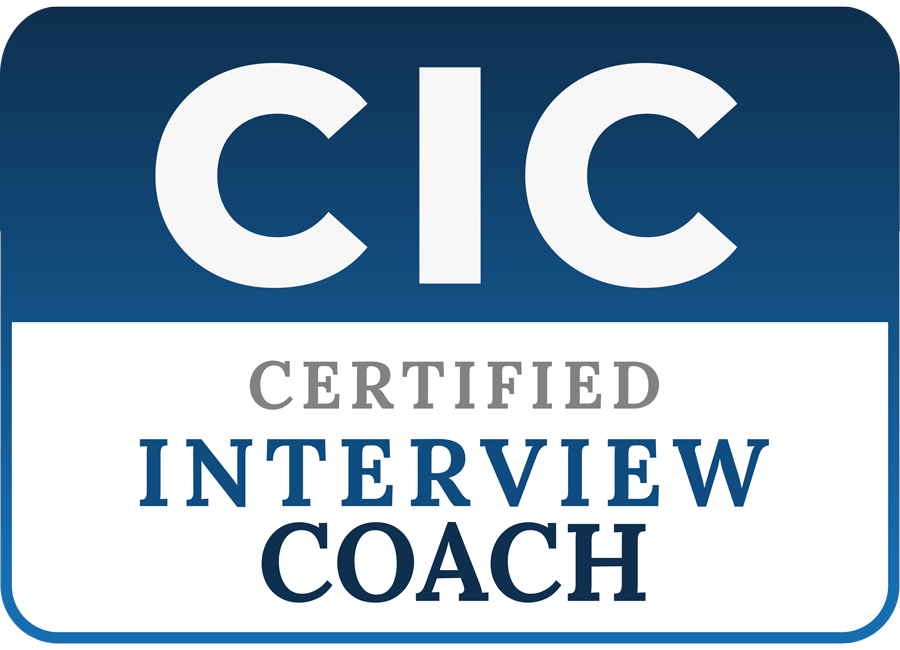
Get some Accreditations – you know it makes sense.
If you’ve been selected for an interview you will have successfully negotiated several hurdles scattered in your path as part of the application process. To have survived the AI screening you will have provided evidence of any essential qualifications; additional qualities and skills will be sufficiently compatible with the job description; to have made it to the shortlist your LinkedIn profile will have been scrutinised for further proof of your genuine interest and suitability.
Now all you’ve got to do is convince the recruiter that you’re the right person for the role, and to succeed in this you have to communicate your Value, your Cultural Fit and an essential degree of Likeability. Even if successful applicants fall short on the first two components, nobody ever got hired that wasn’t liked (this will be the topic of another post).
If the two main reasons why applicants fail to win the role are lack of preparation and lack of enthusiasm you can do yourself a few favours in advance. Within the narrative of your CV should be the answers to anticipated questions from the interviewer. We shall assume that the deal-breaker qualifications are a given, but what about those qualities in the ‘nice to have’ category? If they’re looking for somebody with research and analytical skills or somebody with entrepreneurial flair and (yes, really) a ‘target-driven mindset’ you will need to provide some sort of proof. If they’re involved in raising awareness of Climate Change and this is where you claim that your real interests lie you can’t afford to assume that you will be given the benefit of any doubt. So, to add heft to any relevant experience it makes common sense to accumulate some relevant accreditations.
In my own case, common sense is a much underrated quality but to rely on it as an interviewee (or an interviewer) would be folly. It is valuable only up to a point, which is why I’ve added an accreditation from hashtag#PARWCC as a hashtag#CIC Certified Interview Coach. This provides qualitative proof that W S Work Savvy Ltd know how to prepare candidates for interview and provide them with the power to influence a recruiter’s decision.




